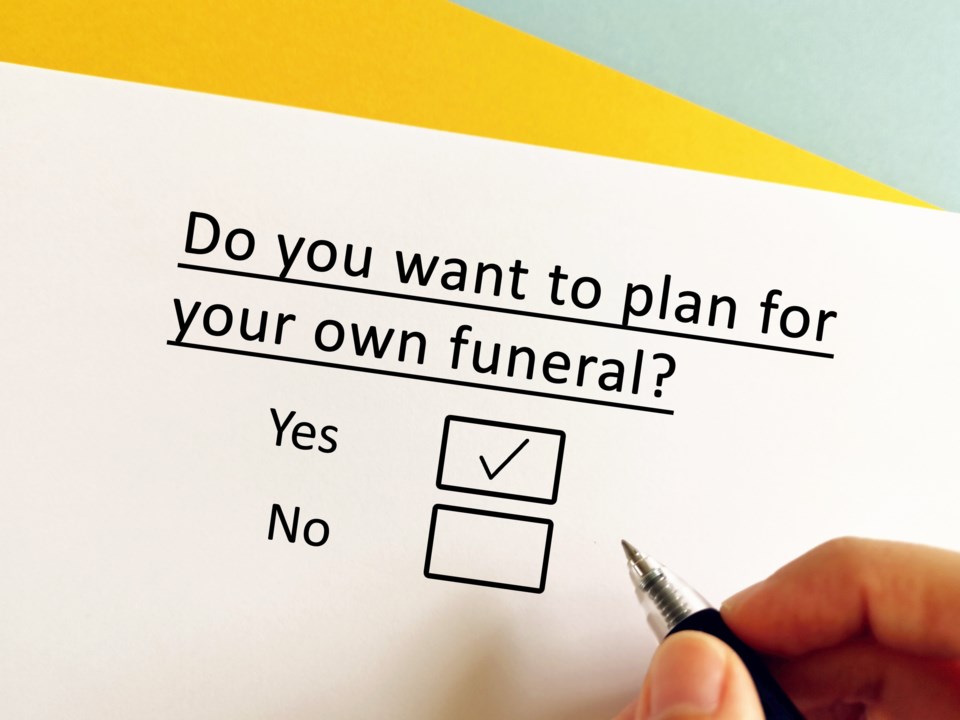We spend most of our lives preparing for all of its biggest moments. The first day of school, graduation, weddings, babies, vacations, retirement – we put a lot of thought, money and planning into all of these. However, too many consistently overlook preparing for their funeral. It’s understandable. Death, grief and loss are not easy topics. However, as funeral professionals we know preparing ahead of time has better outcomes on every front: from finances to mourning to moving on. Today we will discuss what it really means to “get prepared.”
What is Pre-Planning?
Funeral pre-planning, also known as pre-need, is the act of planning out your funeral, burial, cremation, celebration of life, etc., while you are still alive. This can also involve making pre-payments so at the time of death, there is no need for a significant financial outlay.
What are the Benefits of Pre-Planning?
When one dies suddenly and/or with no instructions on how they would like their service, it creates a lot of tension in the family. The survivors are left to guess at everything from the music to burial vs cremation, religious ceremony vs celebration of life. Despite meaning well, the interjection from loved ones all claiming “this is what he would have wanted” is often at odds. Compounding this is the fact that while funeral services can be had at a variety of price points, grief can cloud the judgment.
Pre-planning takes care of everything in advance. The person, along with family members if they so choose, can pick out the type of service they want, the music, the flowers, to be buried or cremated (or green burial), the headstone – every aspect. If they prefer not to have a funeral but something small and quiet, that is fine too.
Pre-paying allows for a set number of payments over a period of time. While many think life insurance benefits should be used for funeral planning, know that it could take time to settle a claim. The same goes for using estate proceeds to pay for a funeral. This rarely works as it can take more than year to settle an estate. You must also not assume that life insurance is in place or the estate is clear of liens or back taxes.
Advanced Directives
Another aspect of pre-planning is the advanced directive. This is a written statement that clearly lays out a person’s wishes regarding medical and health care. Examples include how long a person may wish to remain on life support if there is no brain activity, if they would like their organs donated, or if (depending on the provincial rules) medically assisted death is desired to alleviate suffering.
When it comes to big decisions like this, again it’s far better to know the person’s wishes than to guess on if you should be removing life support or planning a hospice stay.
We Know It’s Not Easy
The benefits of pre-planning are many, but we know it’s not an easy conversation. Gilbert MacIntyre & Son is here to help. As your trusted partner on the end-of-life journey since 1933, they provide caring, understanding service and guide you through the process step-by-step.
To learn more about getting prepared early and recording your final wishes, contact Gilbert MacIntyre & Son today.
